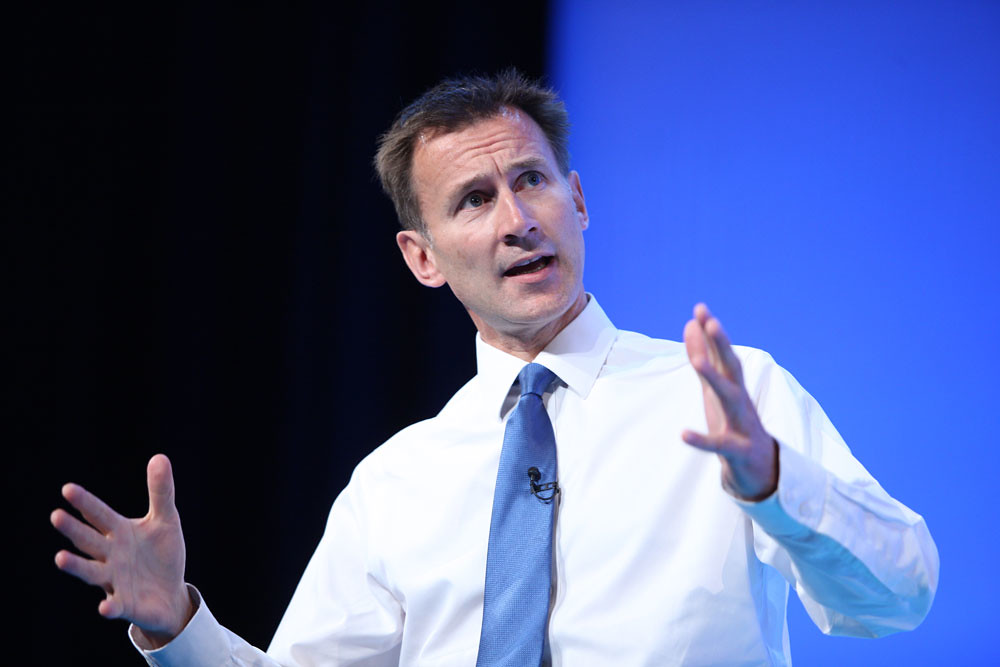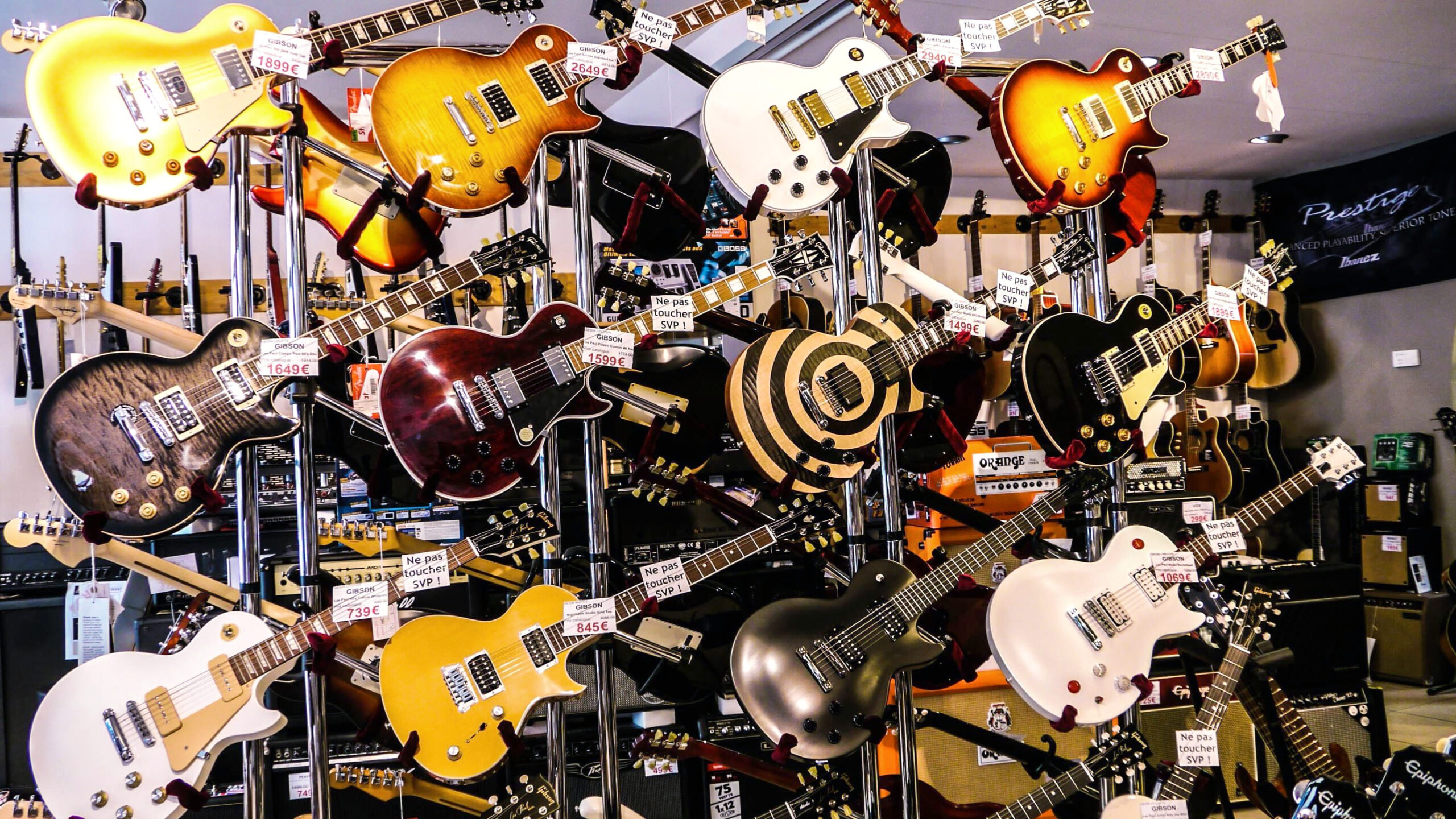In response to the latest budget statement from the UK government, delivered by Chancellor Of The Exchequer Jeremy Hunt, the music industry has issued mixed reactions, highlighting both positive and negative aspects for the sector.
One positive note in the budget was the extension of orchestra tax relief, a move welcomed by industry figures. Tom Kiehl, Interim CEO of UK Music, expressed his appreciation for the government’s decision, stating, “I welcome that the Chancellor has listened to industry calls to put in place extensions to the orchestra tax relief on a permanent basis.” Kiehl also called for clarification on whether other musical groups, such as touring choirs, would also be eligible for this relief, and urged further consideration for tax credits to encourage new UK music production.
Introduced in 2016 and extended multiple times since, orchestra tax relief aims to support live orchestral performances, with the headline rate raised to 50% in 2021 in response to the COVID-19 pandemic.
However, the absence of a VAT cut on tickets, a key demand from the live sector, has drawn criticism. Jon Collins, CEO of LIVE, remarked, “Today’s budget represents yet another missed opportunity to accelerate the growth of the live music sector,” emphasizing the importance of a lower VAT rate to stimulate economic activity and support grassroots music venues.
Collins highlighted the disparity between the UK’s 20% VAT on tickets and the rates in Europe and North America, stating that this discrepancy hampers the industry’s ability to stage gigs, tours, and festivals. He emphasized the economic impact of live music events on local businesses and underscored the urgency of supporting grassroots venues facing closure.
The responses from UK Music and LIVE reflect the industry’s mixed sentiments following the budget statement, with appreciation for the extension of orchestra tax relief tempered by disappointment over the lack of support for the live music sector. As the industry continues to navigate the challenges posed by the ongoing pandemic, stakeholders stress the need for government action to ensure the sector’s long-term viability and prosperity.
Photo credit: NHS Confederation.
For more music industry news, click here.
To start your FREE trial of VELCOA, click here.

